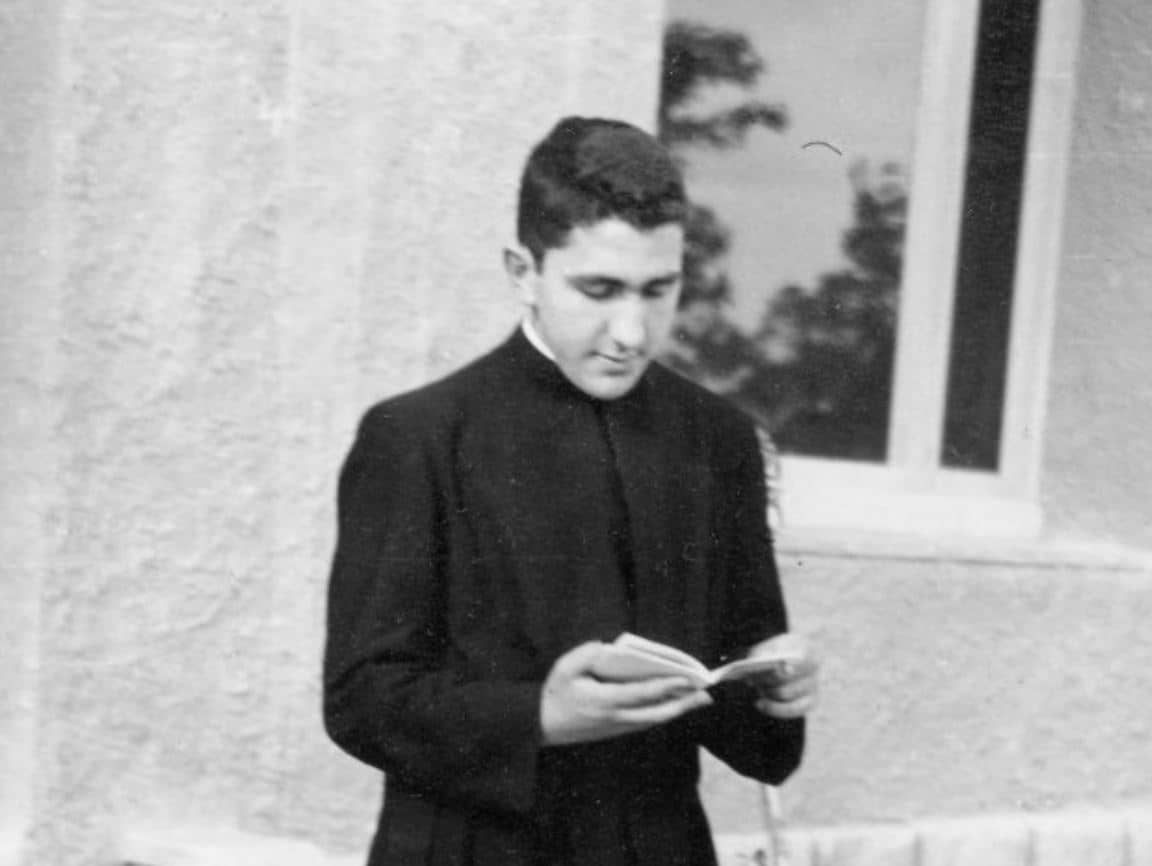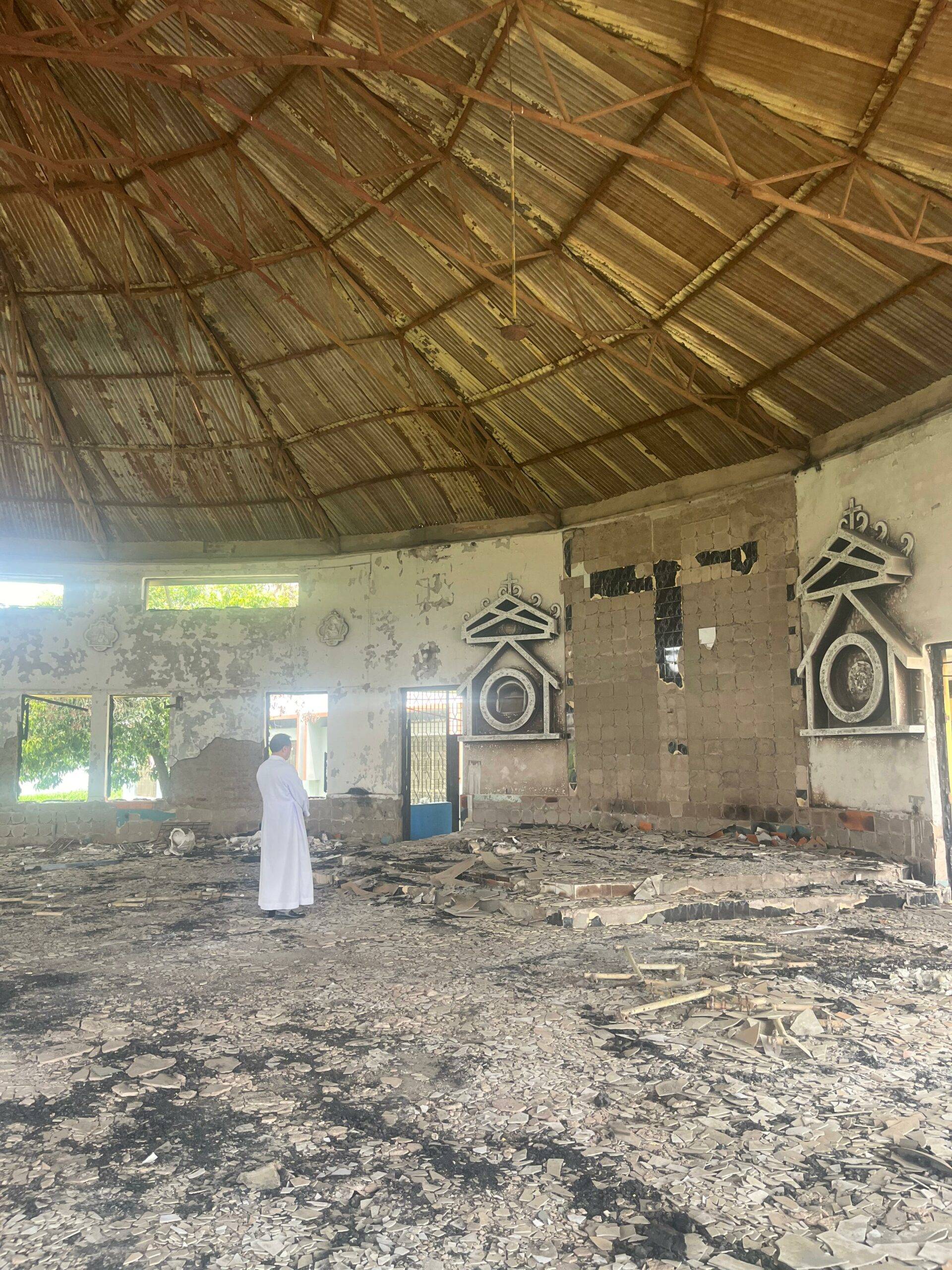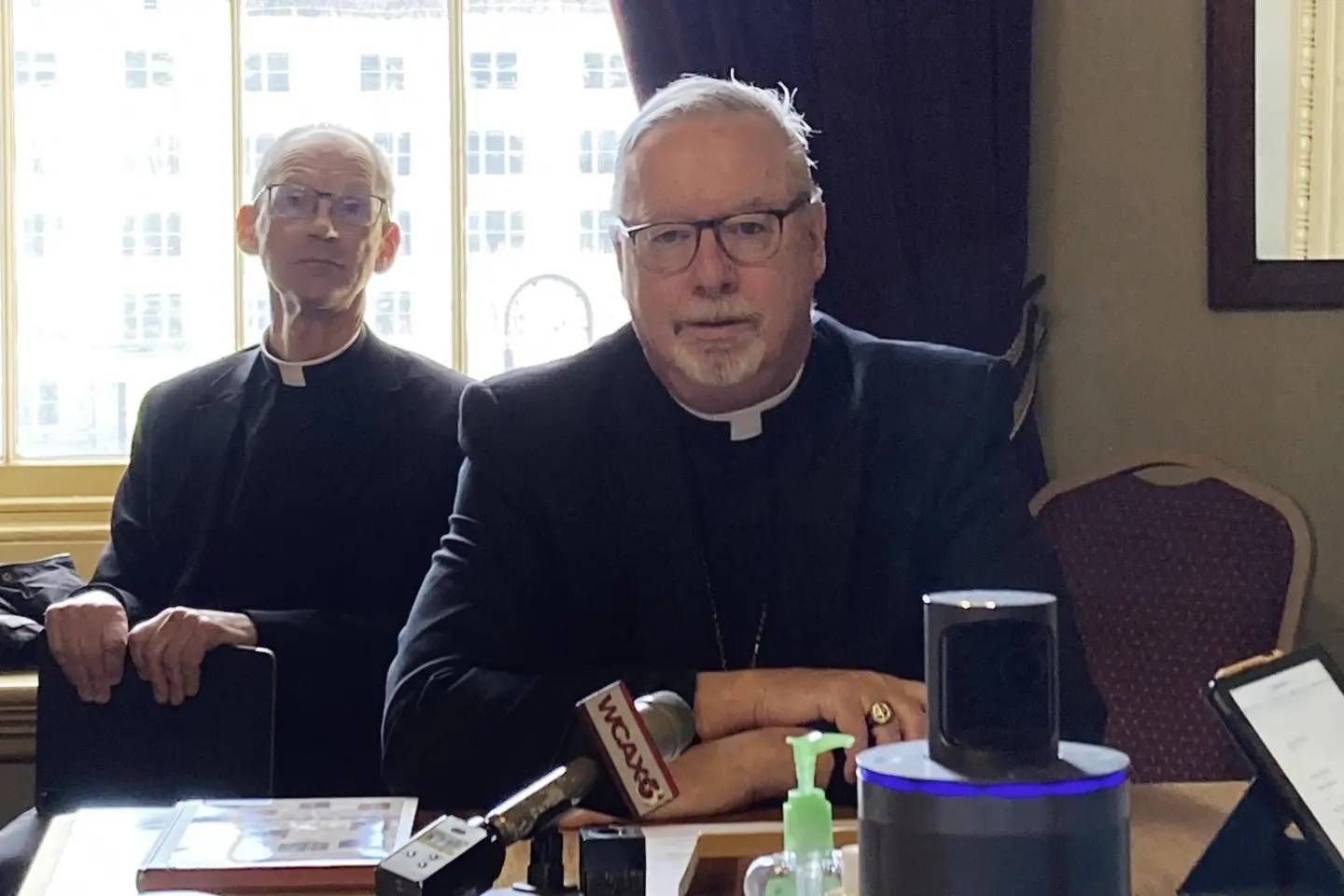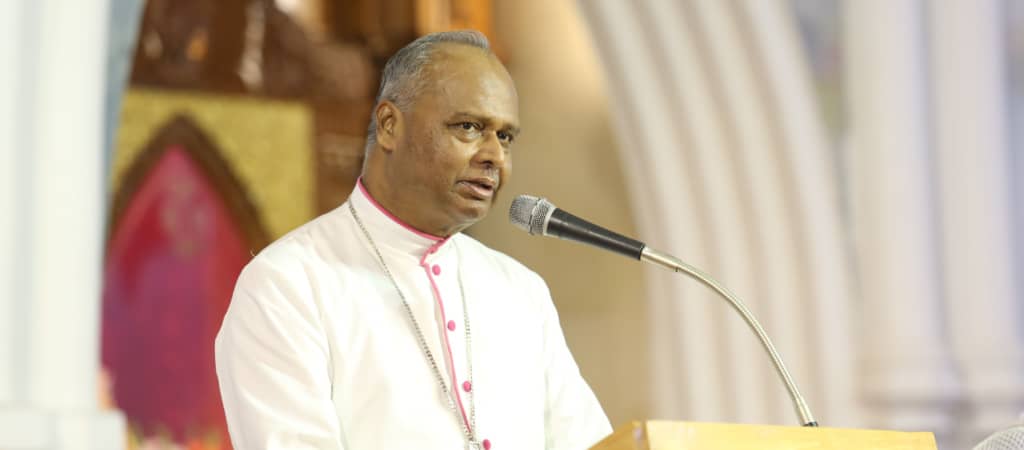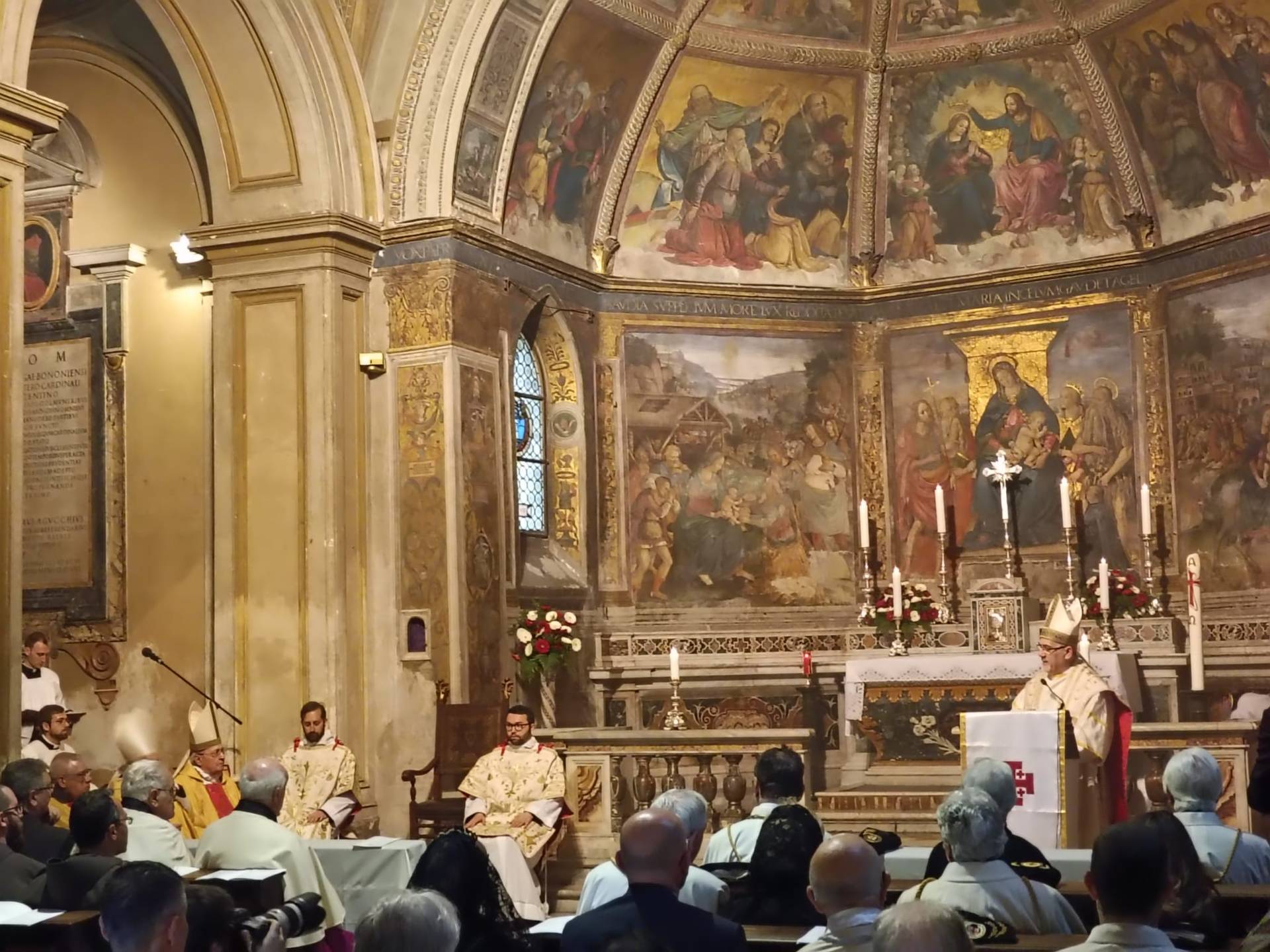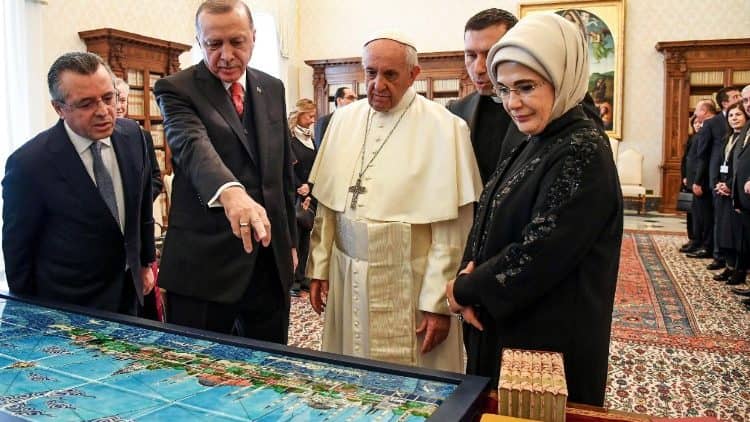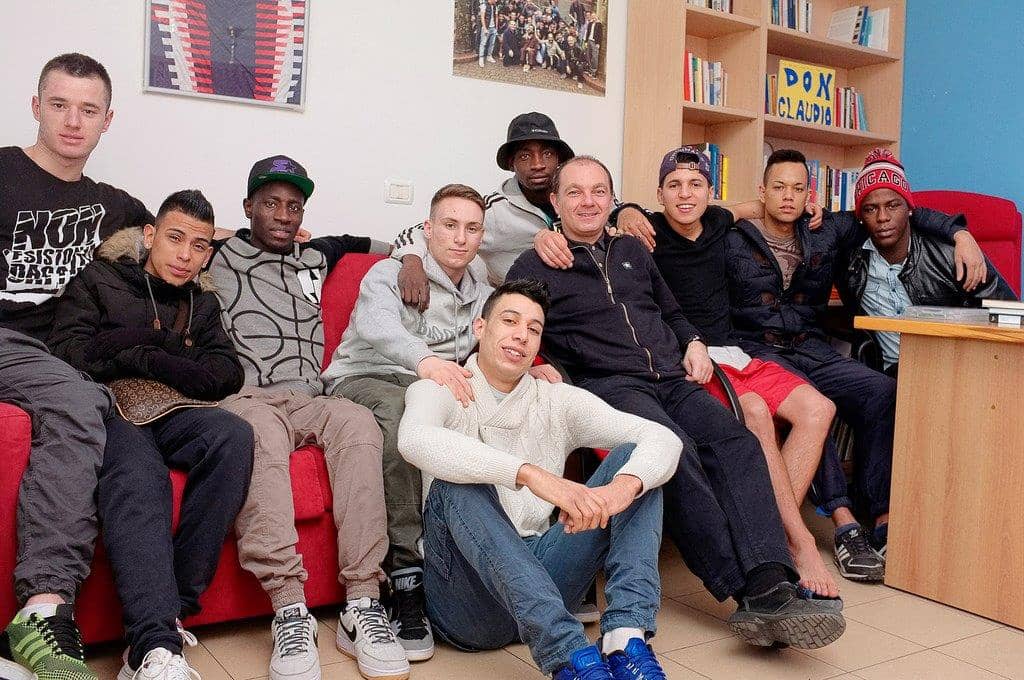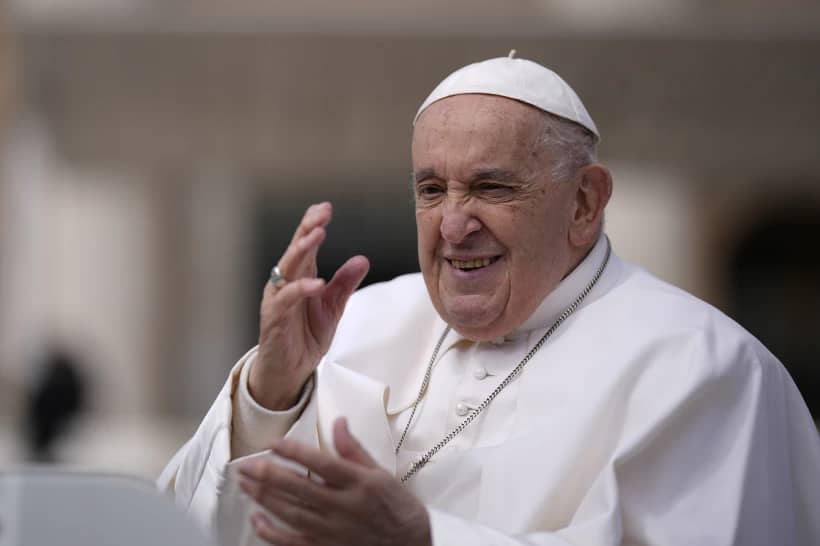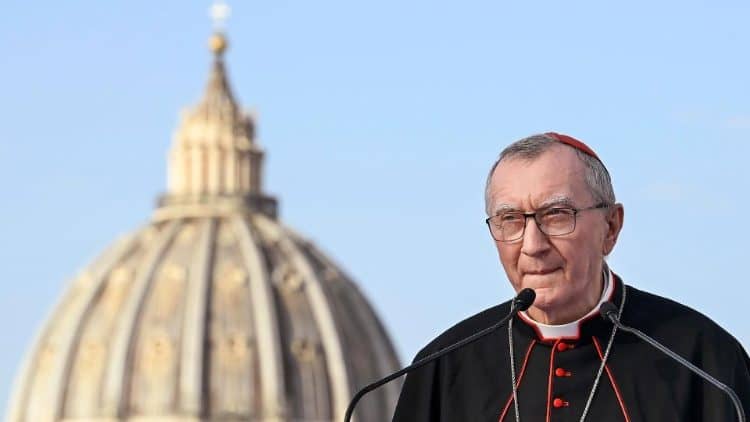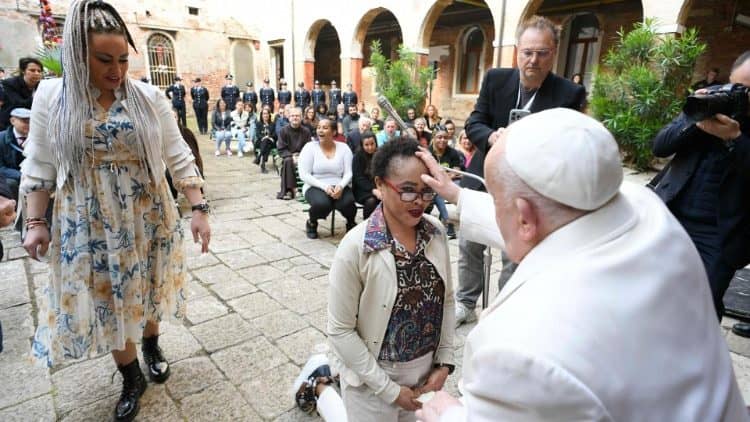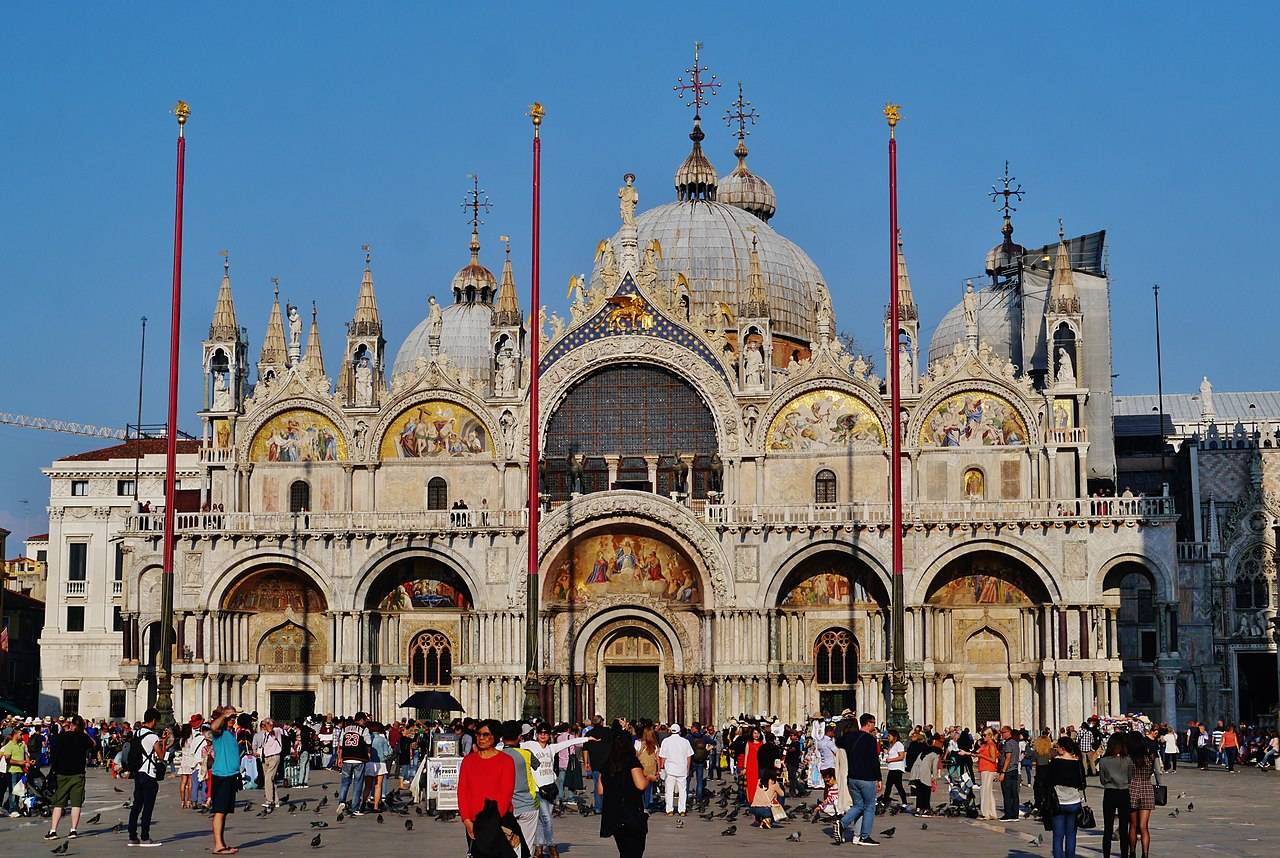ROME – Over the weekend Pope Francis issued a barrage of tweets outlining his vision for a post-COVID world, pushing for an adaptation of current socio-economic models so they prioritize the poor and are based on a mentality of solidarity rather than profit.
While Twitter and social media generally have been an increasingly utilized tool for the Vatican in broadcasting the pope’s message, it’s rare to see more than a handful of tweets per day.
Yet on Saturday the pope’s @Pontifex Twitter account in multiple languages published a string of 12 tweets asking for some deep-seeded changes at all levels of society, from vaccine access to mining, the media, and the lifting of international sanctions.
The tweets were largely taken from a video message to members of popular movements published earlier that day, in which the pontiff vowed to continue acting as a “pest” in defense of the poor.
Since the beginning of Francis’s papacy, his meetings with popular movements have consistently been the venue for some of his most vocal and radical appeals for social change, reflecting Francis’s preference for creating change at the grassroots rather than through social elites and large bureaucratic structures.
It is no surprise, then, that he pushed his social agenda yet again in his message Saturday, and the publication of key lines from his speech on social media ensures that they will get a broad global reach.
In his initial tweet, Pope Francis argued that the world “must adapt our socio-economic models so they have a human face, because many models have lost it.”
In his subsequent tweets he made several appeals “in God’s name,” asking major laboratories to “liberalize patents and to carry out a gesture of humanity and allow every human being access to the vaccine.”
He also asked that various financial groups and international credit institutions guarantee poor nations basic needs, and waive any debts these countries might have incurred, which he said are “so often contracted against the interests of those same peoples.”
In an appeal for environmental care, he asked that large mining, oil, forestry, real estate, and agribusiness companies “stop destroying nature,” and stop polluting and “intoxicating people and food.”
Pope Francis called out large food corporations for imposing “monopolistic production and distribution structures” with inflated prices and asked that arms manufacturers and dealers “totally cease their activity,” which he said only “foments violence and war, often in the context of geopolitical games that costs millions of lives and displaces many people.”
Turning to technology itself, he said tech giants must stop “preying on human weakness” to turn a profit and asked that major telecommunication companies “liberalize access to educational material and exchange with teachers via the internet so that poor children can be educated even under quarantine.”
As a frequent critic of the media, Francis asked that those involved in the field “put an end to the logic of post-truth, disinformation, defamation, slander, and that sick attraction for scandal,” and urged them instead to make contributions toward human fraternity.
The pope, as he has often done in the past, asked superpower countries to put an end to “aggression, blockades, and unilateral sanctions against any country anywhere on earth,” and urged international leaders to solve problems through dialogue in multilateral settings such as the United Nations.
He urged government leaders and politicians across the board to “work for the common good,” cautioning them against listening only to the economic upper crust. “May they be servants of those people who ask for land, shelter and work and a good life in harmony with all humanity and creation,” he said.
Finally, in his last appeal, Pope Francis asked that religious leaders “never use God’s name to foment wars,” but rather stand by their people “and fight together with them so that integral human development may become a reality. Let us build bridges of love.”
While these words were directed to the members of popular movements, the appeals he made are all things he’s asked before and are reminiscent of his entire his encyclical Fratelli Tutti, which called for sweeping reforms of the current political and economic systems. It was his entire papacy in miniature.
While the use of social media to get the pope’s agenda across is nothing new, it has become an increasing trend.
For all the critique’s Pope Francis has offered of social media and the toxic, antagonistic polarization that is so characteristic of discussion using these online platforms, he seems to be making good use of it.
Pope Francis has often warned against social media as a breeding ground for anger, misinformation, and hate, but he has also praised the potential of social media as a tool for connectivity and evangelization.
If Saturday’s barrage of tweets is any indication, he seems determined to avail himself of the benefits social media offers in spreading his message to the world’s peripheries.
He took increased advantage of social media platforms, and Twitter specifically, throughout the coronavirus pandemic, launching two separate digital campaigns on behalf of the elderly.
The aim was to get young people to gather photos, quotes, and memories of their grandparents or other elderly people in their lives and share them on social media as a sign of both solidarity and support of the elderly, who have been the primary victims of COVID-19.
Social media has also become the Vatican’s preferred forum for eliciting involvement from young people in the lead up to synods, particularly the 2018 Synod of Bishops on young people, and the 3-stage Synod of Bishops on Synodality that was just inaugurated by Pope Francis earlier this month.
Granted, Pope Francis himself has very little to do with social media, and it is mostly officials working in his communications department who manage his accounts, yet there is still something to be said for the fact that papal social media use has accelerated under the first-ever pope to participate in a Google hangout session and to give a TED talk.
When Pope Benedict XVI first launched the @Pontifex Twitter account in 2012, signaling the Vatican’s breakthrough into the digital world, the account barely sent one tweet a day.
Eventually, largely under Francis and in part thanks to the international interest he drew, a tweet a day became the norm, and soon multiple tweets were sent a day. High-quality photos and videos started to appear too, and then the Franciscus Instagram account was launched, taking the papal social presence to new digital heights.
It is still uncommon for the pope to unleash a landslide of tweets like he did Saturday, but if one thing is true, it’s that Twitter, and social media generally, will likely remain a preferred platform for the Vatican to get the heart of the pope’s message out to the entire world in a soundbite.
Follow Elise Ann Allen on Twitter: @eliseannallen







